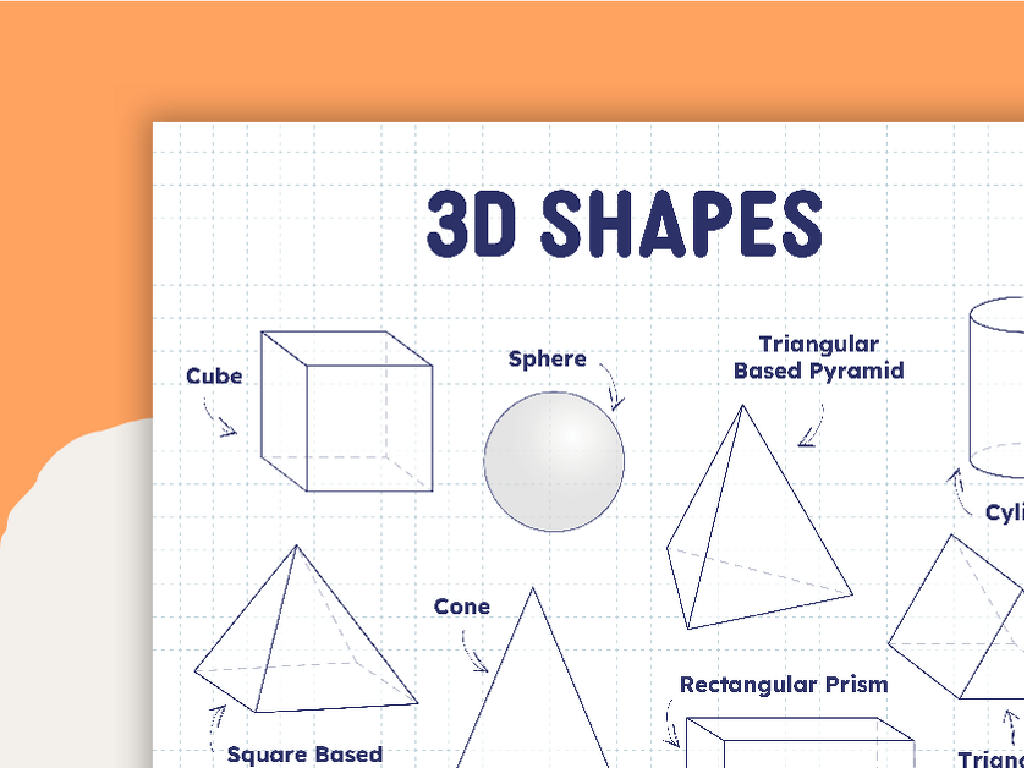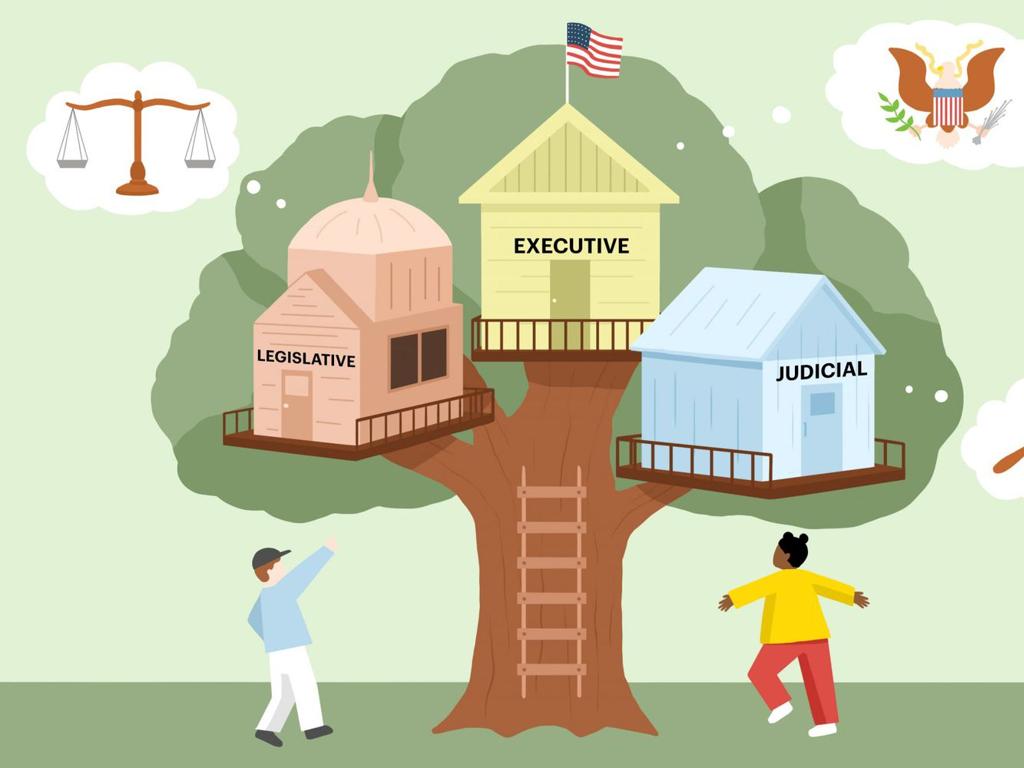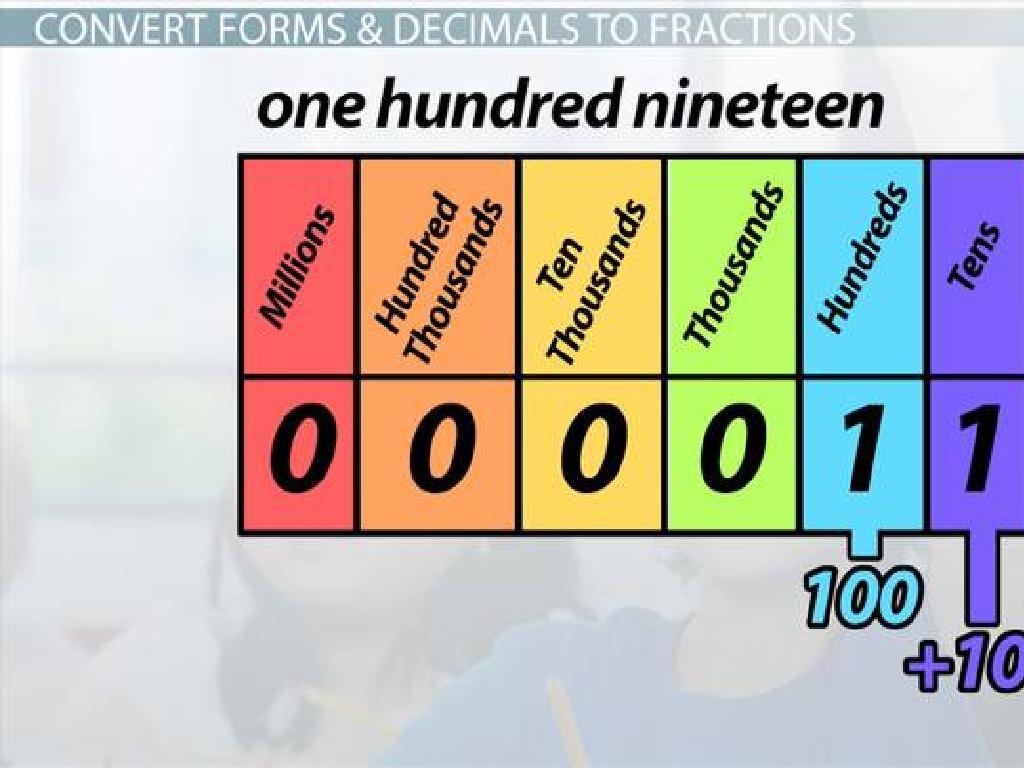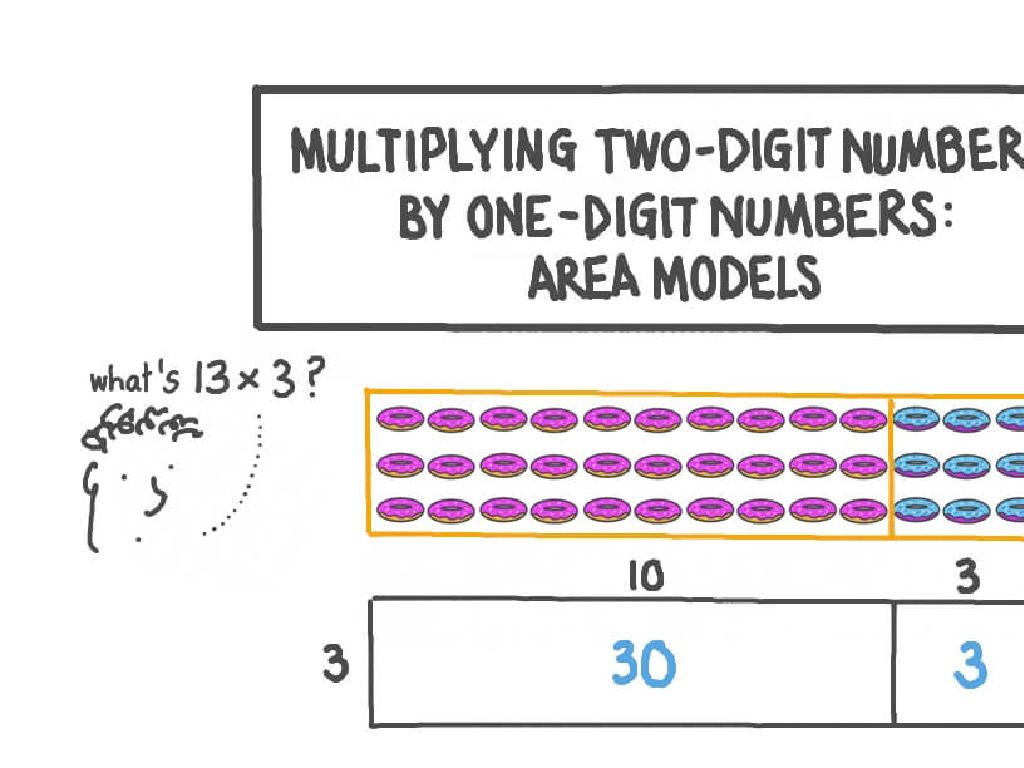Source Analysis: The Gettysburg Address
Subject: Social studies
Grade: Seventh grade
Topic: The Civil War
Please LOG IN to download the presentation. Access is available to registered users only.
View More Content
Introduction to the Gettysburg Address
– Context of the Civil War
– A war between the Northern and Southern states of the U.S. over issues like slavery.
– Exploring the Gettysburg Address
– A speech by President Abraham Lincoln during the Civil War at the dedication of a soldiers’ cemetery.
– Significance in history
– It redefined the purpose of the war and the meaning of American democracy.
– Lincoln’s purpose
– Lincoln aimed to honor the fallen and redefine the nation’s values and goals.
|
This slide introduces the Gettysburg Address within the broader context of the Civil War. It’s crucial to convey the gravity of the war and its causes, particularly the divisive issue of slavery. The Gettysburg Address, delivered by President Abraham Lincoln, is not only a tribute to those who lost their lives at the Battle of Gettysburg but also a profound statement on the nation’s ideals. Lincoln’s words sought to heal a fractured nation and redefine the war as a struggle not just for the Union, but for the principle of human equality. The address is a cornerstone of American history, encapsulating the pain of war and the hope for a united and free nation. Encourage students to reflect on the enduring relevance of the speech’s themes in today’s society.
Abraham Lincoln and the Civil War
– Lincoln’s early life and career
– Born in a log cabin, self-educated lawyer, became 16th President
– His leadership in the Civil War
– Preserved the Union, led the North to victory
– The impact of Lincoln’s decisions
– Emancipation Proclamation, Gettysburg Address shaped the nation
– Lincoln’s enduring legacy
– Remembered as a symbol of freedom and equality
|
This slide aims to provide students with a concise overview of Abraham Lincoln’s life, his pivotal role during the Civil War, and the lasting significance of his leadership. Begin with a brief biography, highlighting his humble beginnings and rise to the presidency. Discuss how his leadership was instrumental in the North’s victory and the preservation of the Union. Emphasize the transformative impact of his decisions, such as issuing the Emancipation Proclamation. Conclude with his legacy as a leader who strived for freedom and equality, which continues to inspire today. Encourage students to reflect on how Lincoln’s actions during the Civil War have shaped modern America.
Before the Address: The Battle of Gettysburg
– Overview of Gettysburg Battle
– Fought from July 1-3, 1863, it’s considered the war’s turning point.
– Outcome’s impact on the Civil War
– Union victory boosted morale, Confederacy lost hope of foreign aid.
– Setting stage for Gettysburg Address
– Lincoln’s speech aimed to unify the nation and honor fallen soldiers.
|
This slide sets the context for the Gettysburg Address by discussing the pivotal Battle of Gettysburg. It was a significant Union victory and is often cited as the turning point of the Civil War. The outcome lifted Northern morale and diminished the possibility of European powers recognizing the Confederacy. This battle set the stage for President Abraham Lincoln’s Gettysburg Address, which was delivered four and a half months later, to dedicate the Soldiers’ National Cemetery. The address redefined the purpose of the war and sought to bring healing to a divided nation. Encourage students to reflect on the importance of this battle and its aftermath as a prelude to understanding the significance of Lincoln’s words.
Analyzing the Gettysburg Address
– Read the Gettysburg Address aloud
– Explore key themes and messages
– Themes of equality, sacrifice, and nationhood
– Examine language and rhetoric use
– Analyze metaphors, alliteration, and powerful diction
– Reflect on the historical impact
– How the speech shaped the nation’s memory of the Civil War
|
This slide aims to guide students through a comprehensive analysis of Abraham Lincoln’s Gettysburg Address. Begin by reading the speech together to ensure all students are familiar with the text. Then, initiate a discussion on the central themes such as the value of human equality, the honor in the soldiers’ sacrifice, and the concept of a unified nation. Delve into the use of language and rhetorical devices Lincoln employed to convey his message powerfully, such as the use of repetition, alliteration, and evocative imagery. Encourage students to consider the lasting significance of the Gettysburg Address on America’s collective memory of the Civil War and its values. This activity will help students appreciate the speech’s historical context and its relevance to the principles of democracy and freedom.
Key Phrases of the Gettysburg Address
– ‘Four score and seven years ago’
– A ‘score’ is 20 years, so it means 87 years ago.
– ‘All men are created equal’
– It emphasizes equality and rights for all citizens.
– ‘Government of the people, by the people, for the people’
– It highlights democracy: governed by citizens, not kings.
– Significance of these phrases
|
This slide delves into the Gettysburg Address, a speech by President Abraham Lincoln during the American Civil War. The phrase ‘Four score and seven years ago’ refers to 87 years before the speech, linking back to the Declaration of Independence. ‘All men are created equal’ is a principle from the Declaration, asserting that every person has the same rights and freedoms. ‘Government of the people, by the people, for the people’ underscores the democratic ideals that the government is made by its citizens, serves its citizens, and exists for their benefit. Discuss the historical context of these phrases and their enduring significance in American democracy. Encourage students to think about how these ideas were revolutionary at the time and how they continue to influence society today.
The Enduring Legacy of the Gettysburg Address
– Speech’s impact on society
– United a nation with shared values during the Civil War
– Gettysburg Address today
– Still quoted in speeches and taught in schools
– The speech’s lasting legacy
– Symbol of freedom, equality, and democracy
|
The Gettysburg Address, delivered by President Abraham Lincoln during the American Civil War, is one of the most influential speeches in American history. It redefined the purpose of the war, emphasizing the principles of human equality and the importance of a united nation. Today, its words resonate in modern society, often cited in discussions of civil rights and democracy. The speech’s legacy continues as it remains a cornerstone in American history education, symbolizing the struggle for freedom and equality. Teachers should discuss the context in which the speech was given, its immediate impact on American society, and how its message continues to influence the ideals and values of the United States today.
Class Activity: Dissecting the Gettysburg Address
– Break into groups for speech analysis
– Discuss Lincoln’s views in the speech
– What does Lincoln’s choice of words reveal?
– Each group presents their findings
– Share insights on Lincoln’s perspective on the nation and the war
– Reflect on the historical significance
– How does this speech connect to the broader context of the Civil War?
|
This activity is designed to engage students with Abraham Lincoln’s Gettysburg Address by breaking down its content and meaning in a collaborative setting. Divide the class into small groups and assign each group a different portion of the speech to analyze. Encourage them to look for clues about Lincoln’s beliefs and intentions. After the group work, reconvene as a class to discuss the various interpretations and insights. Each group will then present their analysis, highlighting Lincoln’s views on unity, democracy, and the purpose of the Civil War. Conclude with a reflection on the speech’s enduring historical significance. Possible activities: role-playing different historical figures’ reactions to the speech, creating a visual representation of the speech’s themes, or writing a modern version of the speech reflecting today’s societal values.
Reflecting on the Gettysburg Address
– Recap Gettysburg Address significance
– A key speech in U.S. history, symbolizing the ideals of unity and equality
– Lessons from the speech for today
– Reflect on democracy, freedom, and human rights, which are still relevant
– Homework: Relate speech to current events
– Write an essay connecting the themes of the speech to news today
|
As we conclude our study of the Gettysburg Address, it’s important to summarize its enduring significance in American history. This speech, delivered by President Abraham Lincoln during the Civil War, encapsulates the principles of democracy and equality. Encourage students to think about how the themes of the Gettysburg Address national unity, human equality, and the sacrifice for the common good are still applicable in today’s society. For homework, students should write a short essay drawing parallels between Lincoln’s words and current events, fostering a deeper understanding of how historical documents can remain relevant in contemporary discussions about democracy and civic responsibility.






